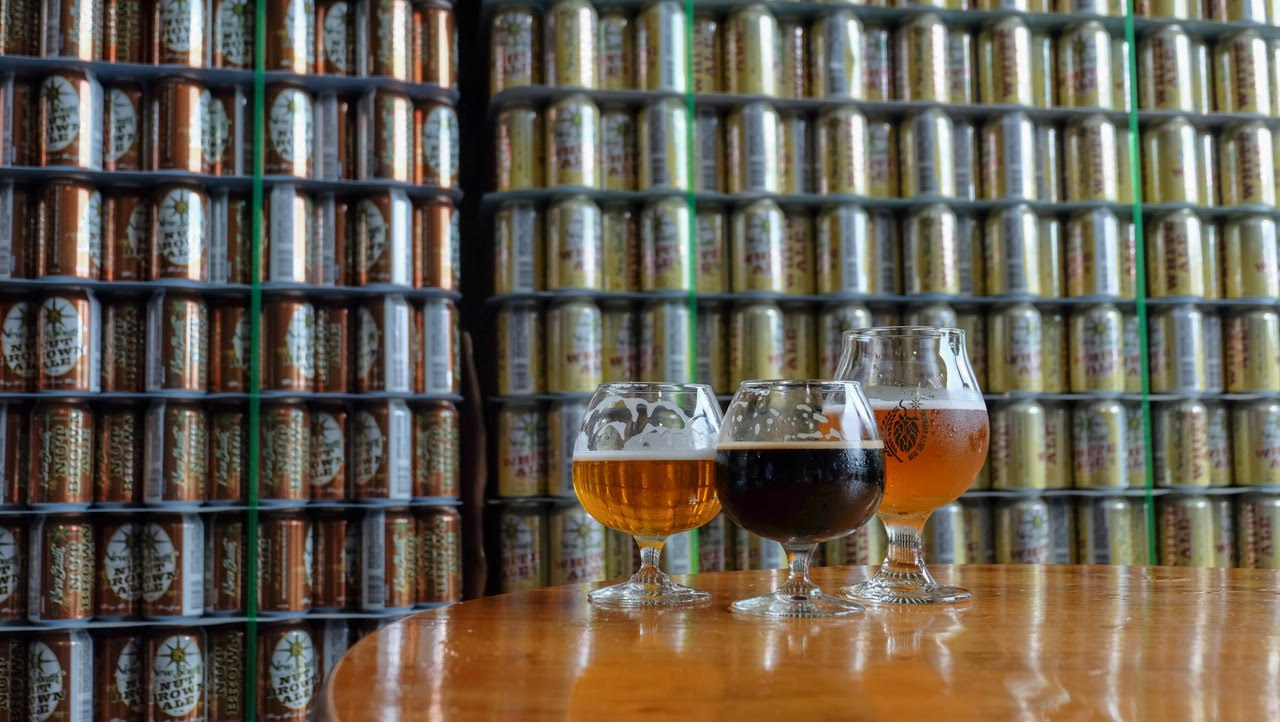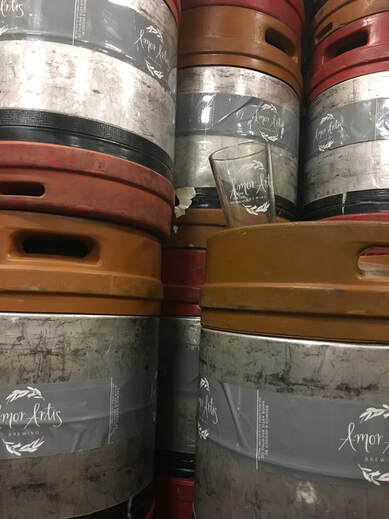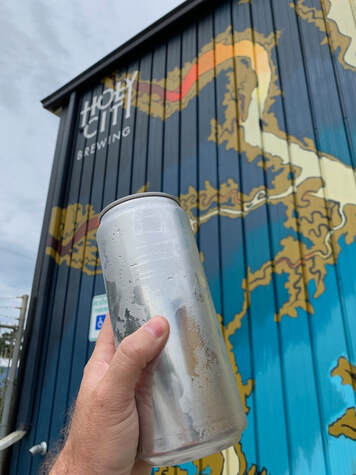|
DISCLAIMER: This post does not constitute legal advice and is presented for information, education, or entertainment purposes. It is opinion and commentary, and merely attempts to review the alcohol beverage laws and their interpretation to assist businesses (and consumers). If you have questions, then please speak to your legal professional or the appropriate regulation authority. PERSONAL DISCLAIMER: I had the privilege of writing several brewery bills during the 2013-2019 timeframe and advocating for their passage. I was not asked to participate this time around, so I don’t have many personal insights or thoughts to share on the discussion points, negotiations, or other context of the new laws. This will just be straight analysis of what the new laws are and what they do and don’t do. TL; DR: SOUTH CAROLINA BREWERY TO-GO LIMITS ARE INCREASING BY 200%Today, we tackle the first portion of the new law, which will focus on to-go sales. Tomorrow, we’ll talk about the new transfer provisions. TO-GO SALESLet’s go ahead and get the elephant in the room out of the way. Yes, the rumors are true. South Carolina breweries can now sell kegs. Well, kegs of a certain size shall we say. The new law states that a consumer may purchase up to 864 fluid ounces of beer per person per day from a licensed brewery. Remember, licensed brewpubs have no to-go limitation. How much is 864 fluid ounces in practical terms? That’s three cases (24 cans) of 12 fluid ounce cans. Or fifty-four 16 fluid ounce cans (2 cases, and a six pack). Or just short three cases of 375ml bottles. Or twenty-seven 32 fluid ounce crowlers. Or, yes, a sixtel of beer (which is about 660 fluid ounces), and then 17 twelve fluid ounce cans on top of it. Previously, the law allowed for 288 fluid ounces to go (one case of 12 ounce cans). That had been on the books since 2010, but had been doubled to 576 fluid ounces for a short time during the pandemic as a helping hand to breweries. The temporary provision went away in 2022. Breweries are not being mandated to sell kegs. They can sell in whatever containers they wish up to the limit. But for those that do, there is of course going to be paperwork which consumers will need to fill out at the brewery (there’s always paperwork) that will be kept on file. Consumers will need to provide their driver’s license and a deposit on the keg. The brewery will tag the keg according to statutory specifications and need to meet certain requirements. If you’re curious, here are the current to-go limits for breweries in nearby states: Georgia: 288 fl. oz. Mississippi: 576 fl. oz. Alabama: 864 fl. oz. North Carolina: No Limit The only other change from prior law (which we’ll cover more in depth tomorrow) will be that breweries can sell to-go both the beer that they brew on-site and beer they receive from one of their other locations if they have another location that qualifies for a transfer. That’s important because now breweries might be able to begin splitting operations between clean and sour, barrel aged and non barrel aged, or other distinctions (like some had done already), but retain the option of selling that beer from the other location without having to purchase it back from a wholesaler. Brook Bristow focuses his practice on alcoholic beverage law and commercial matters. Representing hundreds of clients from small start-ups to national brands, Brook counsels those in the food and beverage industry such as breweries, wineries, distilleries, distributors, and retailers. He regularly advises on federal and state regulatory compliance, licensing, contracts, intellectual property, and federal label and formula approvals, among other topics. He enjoys central coast zinfandel, aged rum, and can brew a passable IPA. You may reach him directly at [email protected]
0 Comments
Leave a Reply. |
AuthorBrook Bristow is a South Carolina-based lawyer at Bristow Beverage Law, who primarily counsels companies in the alcohol industry on business and employment laws, as well as on compliance, licensing, & intellectual property. You may reach him directly at: [email protected] Archives
April 2024
Categories |





 RSS Feed
RSS Feed